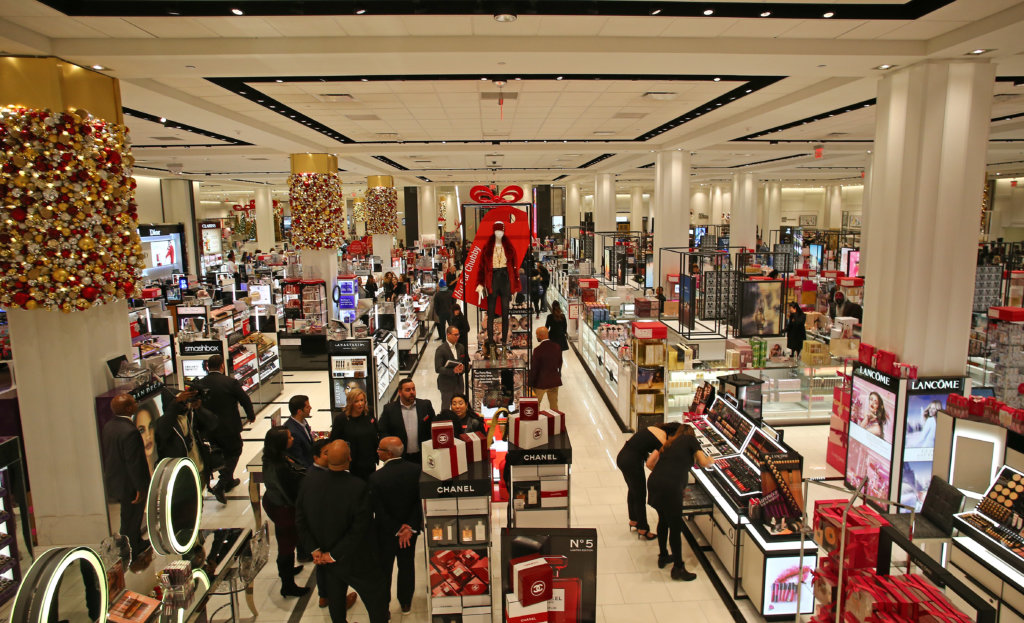Following Donald Trump’s presidential election victory, the fashion, beauty, and footwear sectors are bracing for potential disruptions from proposed tariffs on imported goods. Trump has indicated tariffs of 10%-20% on various imports, and as high as 60% on goods from China, which could reshape pricing, sourcing, and strategic planning for many U.S.-based brands.
This week, major retail companies like Under Armour, Ralph Lauren, Steve Madden, and Tapestry (the parent of Coach and Kate Spade) all faced questions from analysts on how these trade policies may impact their operations and bottom lines.
In an investor call, Steve Madden CEO Edward Rosenfeld said that nearly half of his company’s business could be impacted by tariffs on Chinese imports. Wolverine Worldwide CEO Christopher Hufnagel noted that, like other retailers, the company is still “digesting” the potential trade changes and strategizing to navigate what he called the “new reality.”
The tariff proposal’s potential impact looms large in the beauty industry as well, with e.l.f Beauty CEO Tarang Amin explaining that while tariffs wouldn’t affect the company until 2026, 80% of e.l.f’s products are sourced from China, positioning it for significant future challenges.
Dr. Sheng Lu of the University of Delaware highlighted the heightened anxieties Trump’s proposed tariffs have already triggered, noting in a report for the U.S. Fashion Industry Association that over a third of American apparel imports come from China, which has sent a ripple of concern through the industry. Retailers now face an urgent need to re-evaluate supply chains and explore alternatives as they anticipate shifts in trade policy that could define the next administration.




